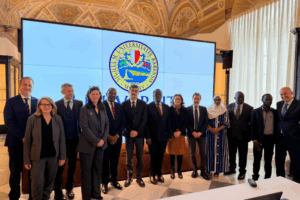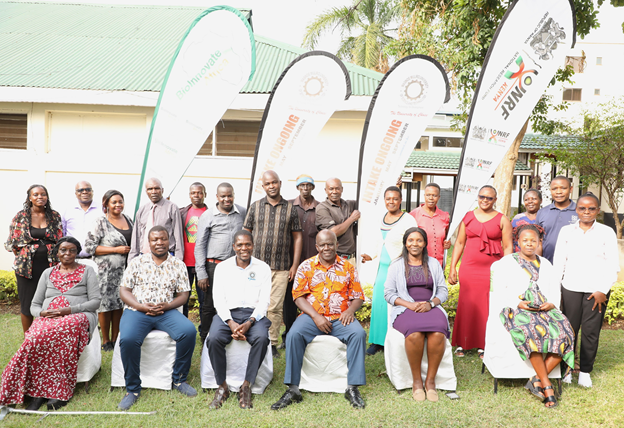
MMUST Empowers Community Health Volunteers on New Jigger Gel Formulations as It Prepares to Roll Out Project Set to End Jigger Infestation in East Africa
Masinde Muliro University of Science and Technology has trained over twenty (20) Community Health Volunteers (CHVs), 3B Community-Based Organization (CBO) officials, research assistants and field officers from Vihiga County on data collection, as well as the use of its newly innovated jigger gel formulations. The training, which took place on 26th September, 2025 at Kisumu Hotel, was in preparation for rolling out trials of the gel formulations with both the sick and healthy humans. The project, titled ‘Upscaling Novel Bio-Rational Products for Controlling Tungiasis in East Africa’, is set to tackle the jigger infestation in East Africa. It is steered by Prof. Maurice Vincent Omolo and funded by BioInnovate Africa and the National Research Fund (NRF).
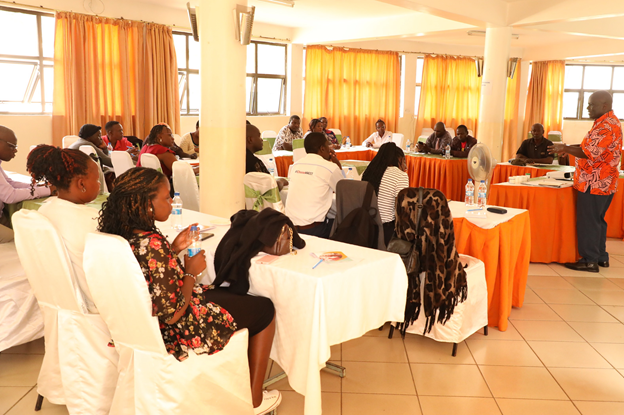
Prof. Peter Bukhala speaks at the training.
The Deputy Vice Chancellor (Planning, Research and Innovation)-Prof. Peter Bukhala, who graced the training, pointed out that MMUST is committed to conducting research that impacts the community. He appreciated Prof. Omolo and his team for spearheading this initiative, saying that jiggers is one of the tropical diseases, which has been overlooked by the society. “The Division has taken this research initiative seriously and we are glad that the team is finalizing on a scientific solution that will address this issue. I urge you to cascade the knowledge you have acquired from this training so that it reaches as many people as possible,” said Prof. Bukhala. Commenting on the impact of jiggers, Prof. Bukhala challenged the CHVs to go back to the basics and empower community members to observe hygiene practices, encourage those infected to seek treatment, and utilize community leaders to spread awareness.
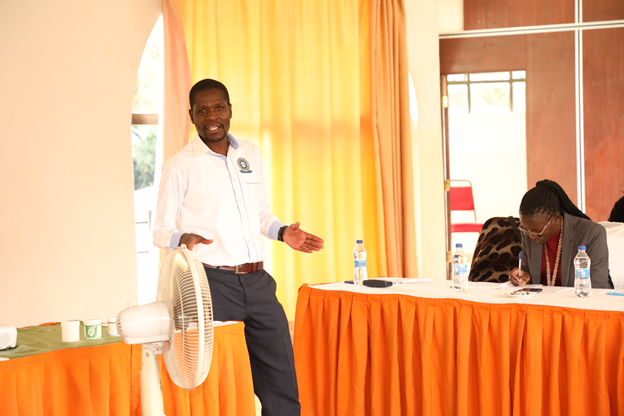
The project team Lead-Prof. Maurice Vincent Omolo gives an overview of the project.
While giving the overview of the project, Prof. Omolo revealed that this innovation was motivated by the ineffectiveness of jigger treatment solutions, including the use of Potassium Permanganate, Hydrogen Peroxide and Phenols. He cited cases of in-adherence to the public health policy in terms of dosage of these solutions, as well as their negative effects on the human body. “In 2018, we made the decision to solve the problem by exploring plants. After about four years of research, we bio prospected a number of plants from the Western region of Kenya and went up to Lodwar, Turkana County. In the process, we were able to prove that the tobacco plant extract had the most potent ingredients to not only kill the jigger flea, Tunga penetrans, but also had anti-microbial activity on jigger wounds inflicted” stated Prof. Omolo, adding that during their anti-jigger campaigns, they would occasionally apply the plant extract instead of potassium permanganate on some patients, which turned out to be very successful.
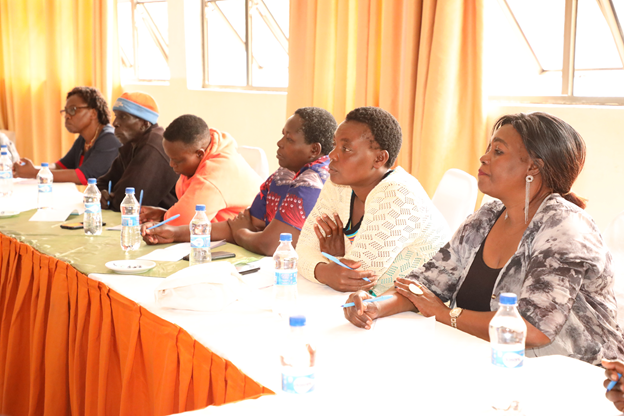
A section of participants follows keenly.
“With a single topical application on a patient who was heavily infested, the jiggers would die within a week while embedded on the flesh. We also noted that after the treatment, patients would experience immediate reliefs, and for the first time after a long period, they would enjoy quality sleep. We later decided to upscale the innovation and did a proposal to BioInnovate Africa to help us refine the product further. BioInnovate then brought on board other organizations to collaborate with us on the project, including the Kenya Agricultural and Livestock Research Organization (KALRO), Gulu University-Uganda, and A to Z Group of Companies-Tanzania,” added the Professor of Organic Chemistry. He stressed that to win the war against jiggers, public health practitioners should not just focus on humans, but animals as well as the environment where Tunga penetrans breed.
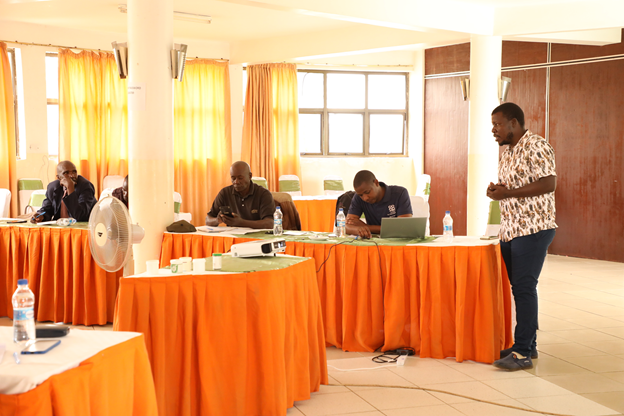
Dr. Felix Ambuche makes a presentation at the event.
Dr. Felix Ambuche, the Clinical Officer in charge of the project, in his presentation reiterated that Tungiasis is one of the diseases that have been neglected even in clinical management. “In Kenya, Tungiasis is prevalent in Western, Coast and Nyanza regions, especially in rural schools and poor households. These gel formulations have been designed to target fleas in situ with no surgical intervention, the major active ingredient being nicotine and related organic molecules in the plant extracts. Nicotine is a neurotoxin agent present in tobacco plants, which has the ability to penetrate the skin and attack the nerve of the jigger. It kills the flea by paralysis, where it binds on to nicotinic acetylcholine receptors in the flea’s nervous system, making it immobile and unable to feed, hence it dies,” explained Dr. Ambuche. In addition, he highlighted the risk factors for jigger infestation, including walking barefoot, earthen or cracked floors, proximity to domestic animals, poor sanitation and poverty, as well as stigma, limiting healthcare seeking behaviour.
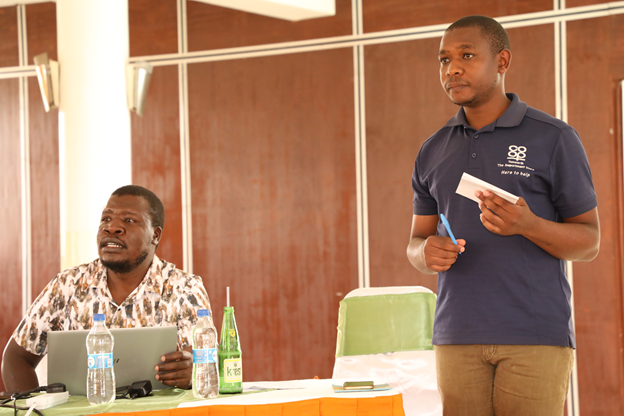
Dr. Felix Ambuche makes a comment during Mr. Job Sirengo’s presentation.
One of the research assistants in the project, Mr. Job Sirengo, took the participants through the data collection tool to be used during the field study. The participants had the opportunity to get acquainted with the tool first hand, enhancing their ability to gather accurate data. Other project team members present during the training were Dr. Joseph Owino, Dr. Consolata Ngala.
The jigger menace is a problem not only faced in Kenya, but also Uganda, Tanzania and Liberia among other countries in Africa and Asia. So far, the existing methods of managing jiggers have been ineffective, as some threaten to increase the risk of infection further. As the researchers prepare to roll out the trials of the gel formulations, it is without doubt that the newly-innovated gel formulations are set to bring the much-needed solution to the jigger menace in East Africa.
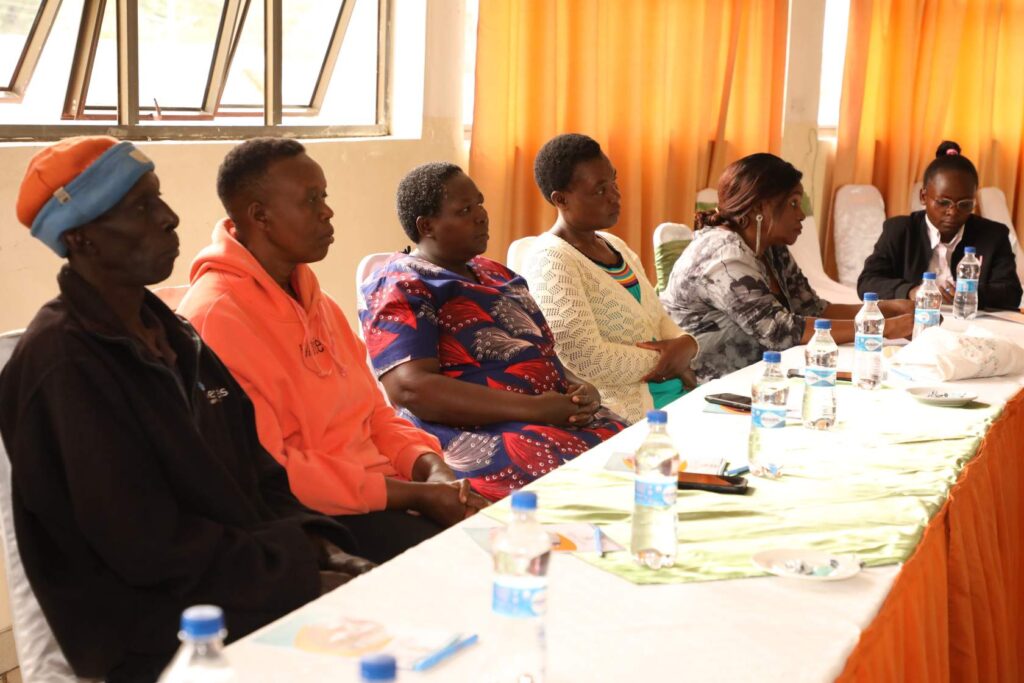
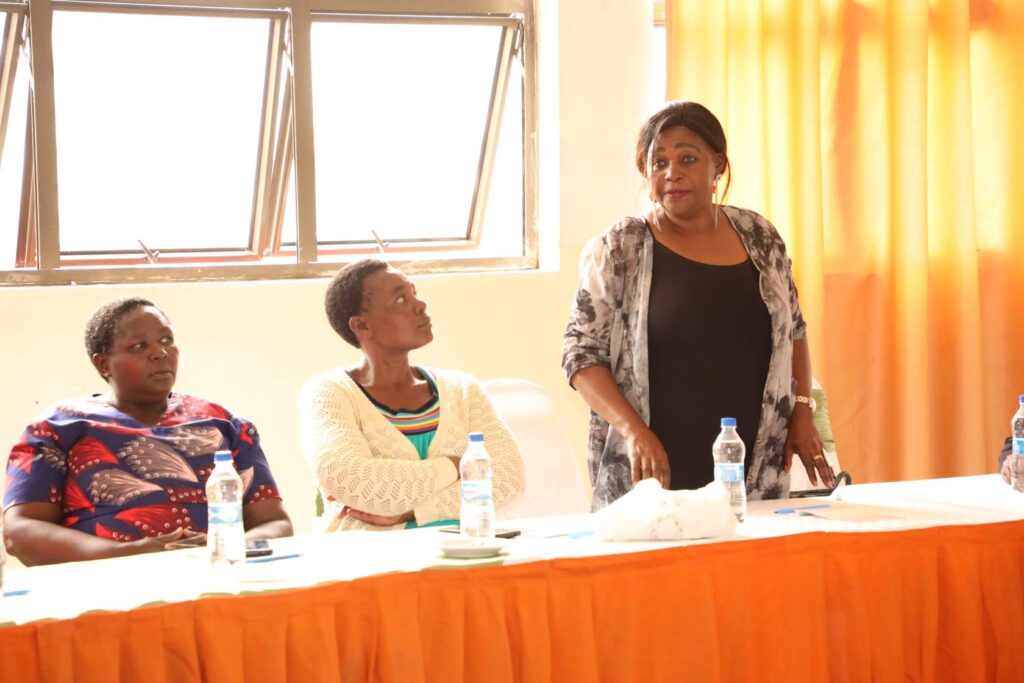
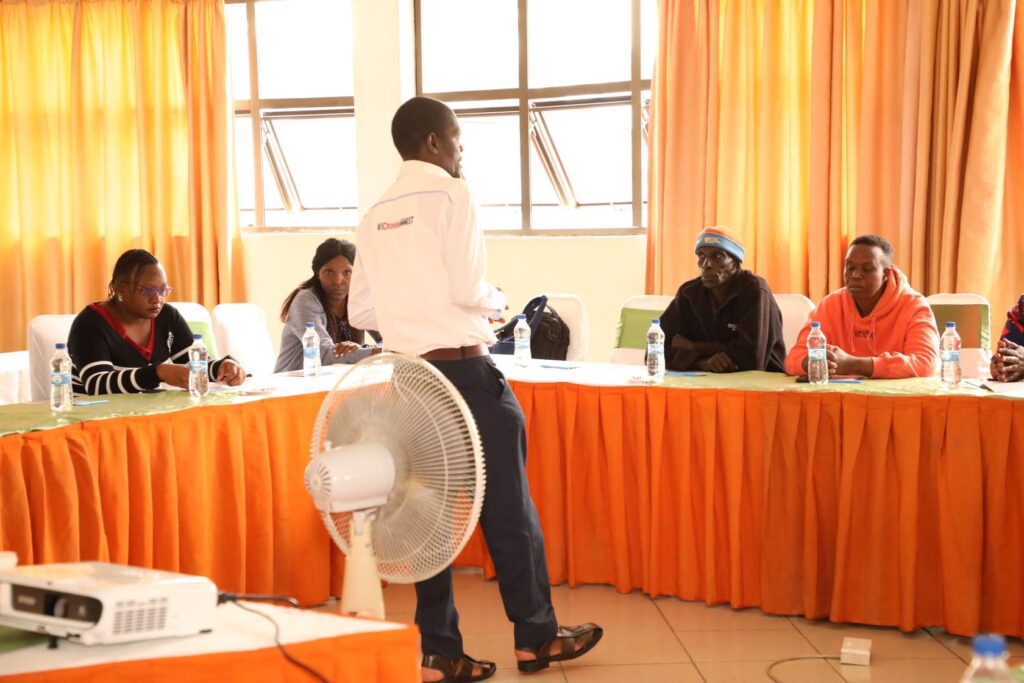
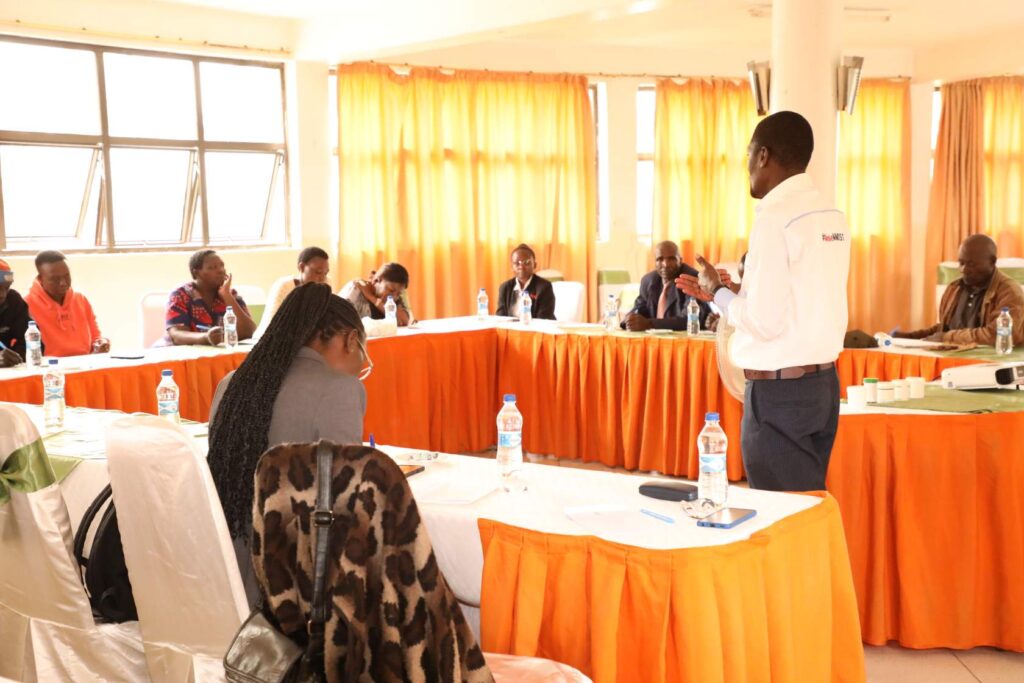
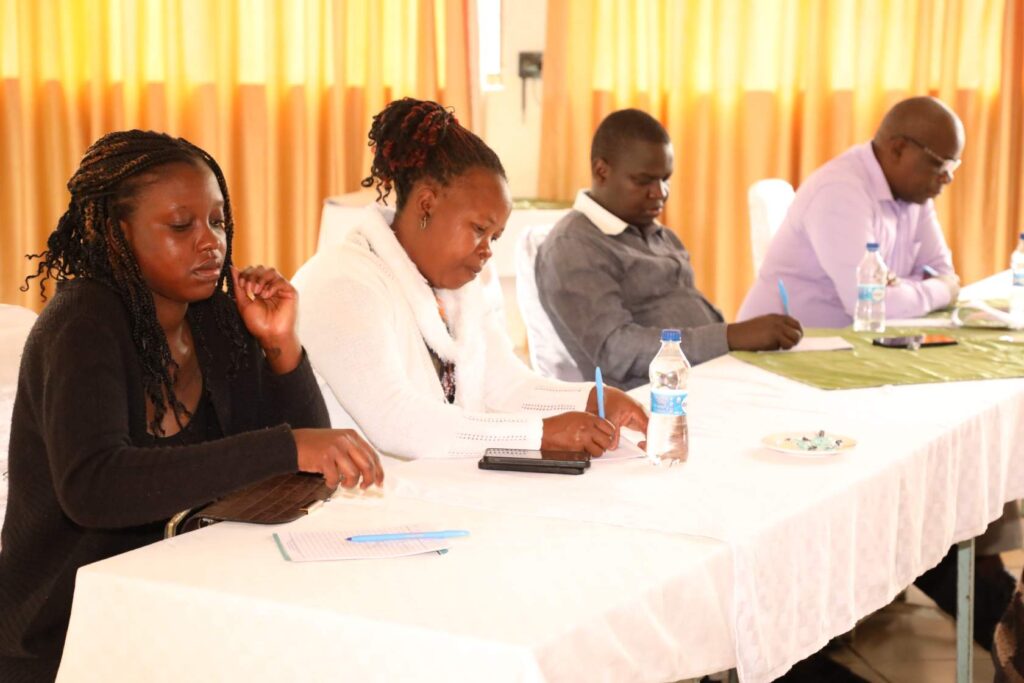
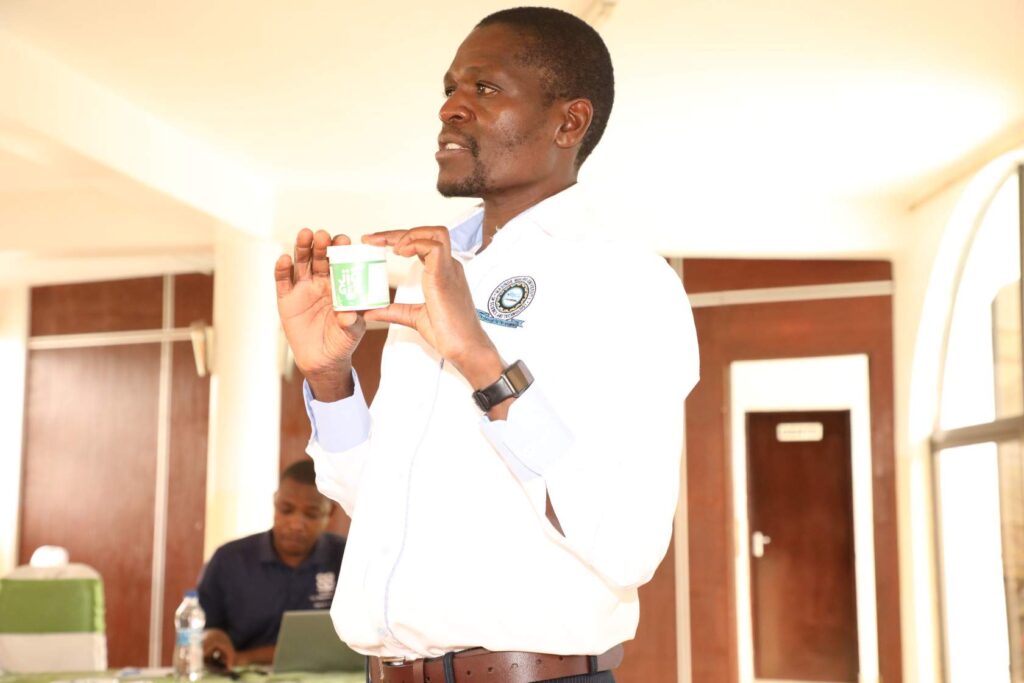
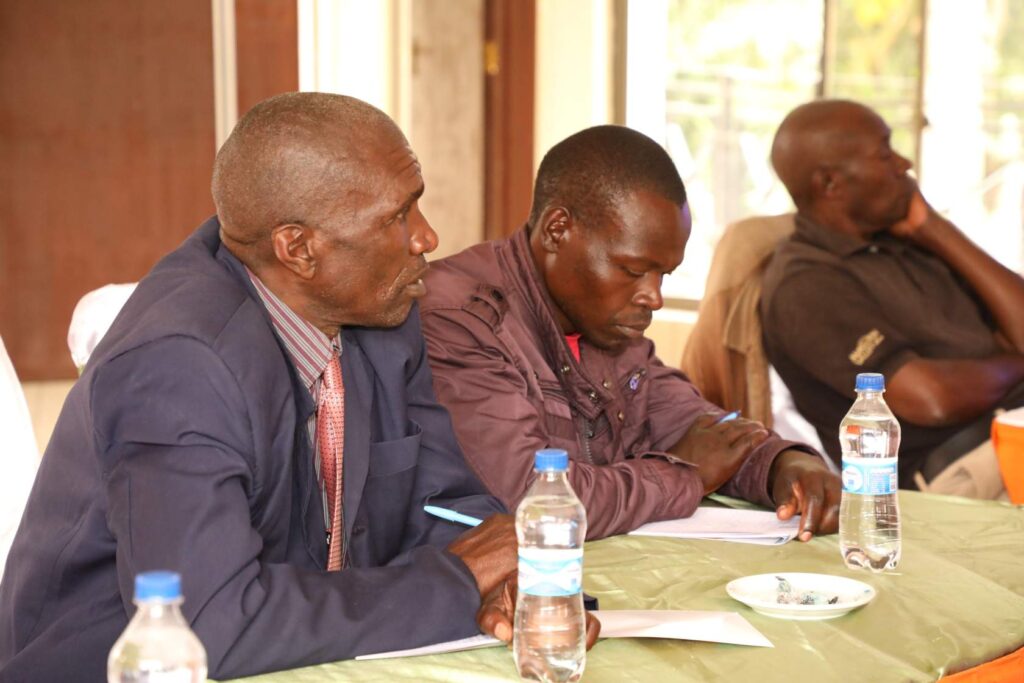

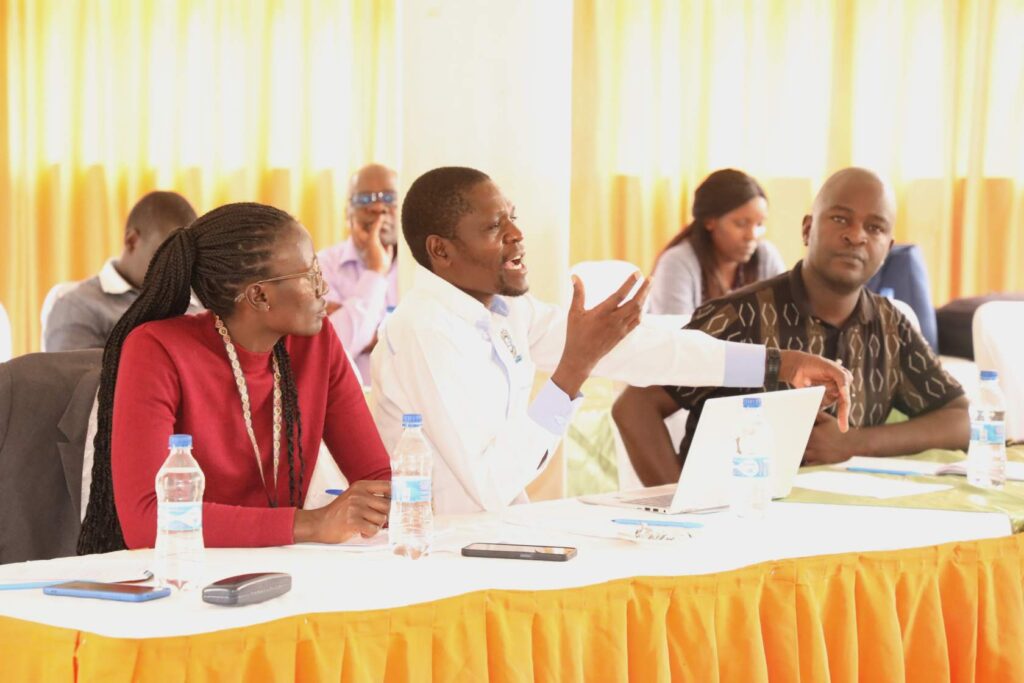
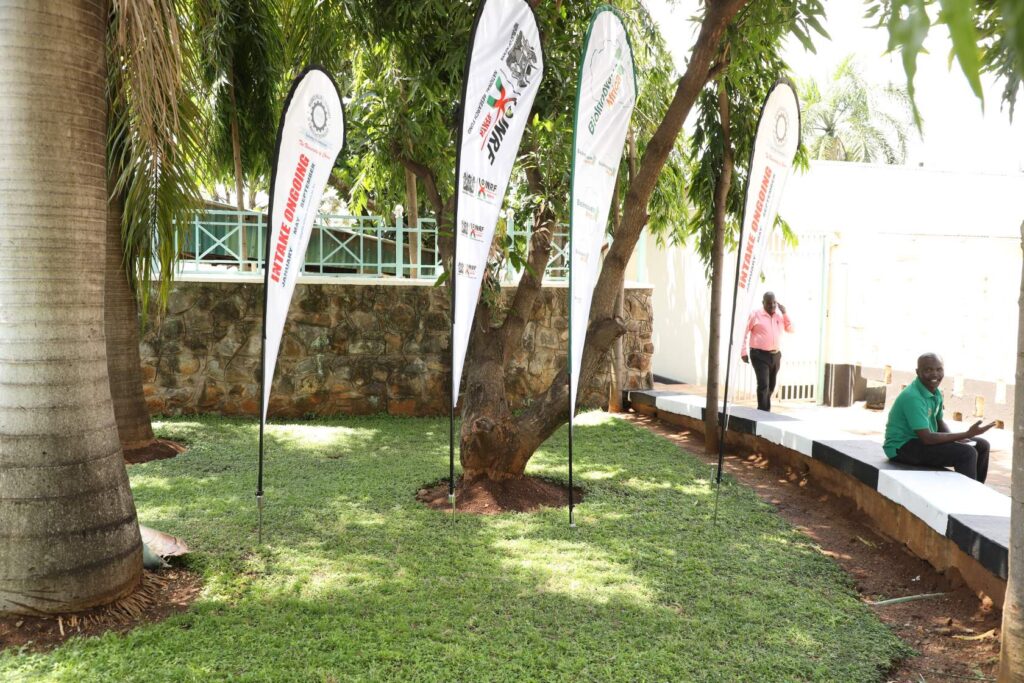
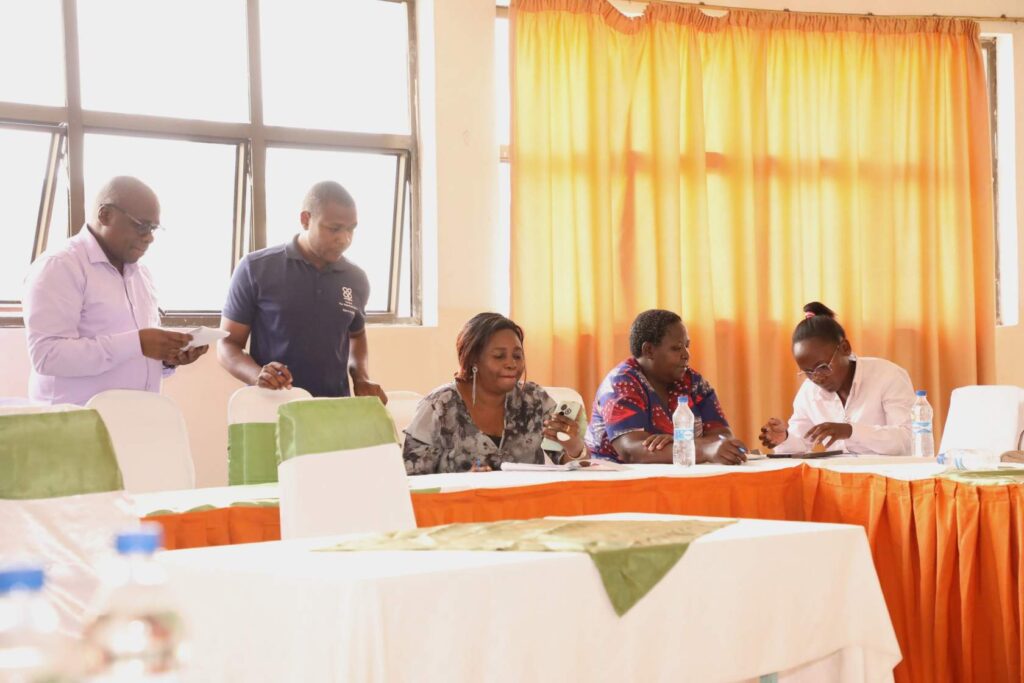
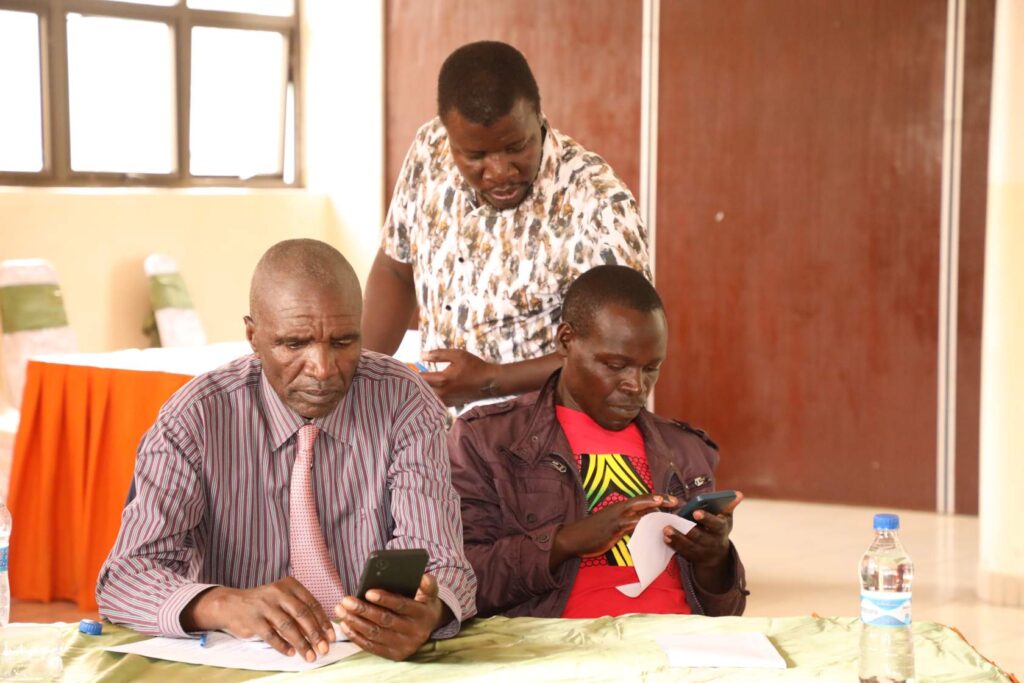
By Wangari Wambugu and Caren Nekesa


